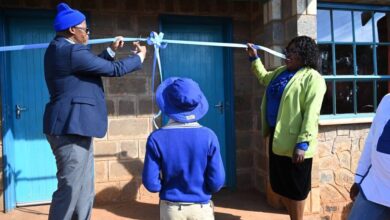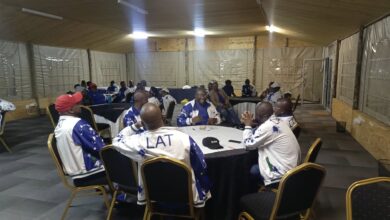What to Look Out For When Accessing Academic Resources and Libraries in Lesotho

Accessing academic resources and utilizing libraries in Lesotho can significantly enhance your learning experience and research endeavors. Whether you are a student, researcher, or educator, understanding how to effectively navigate these resources ensures you can make the most of the opportunities available. Here are key aspects to consider when accessing academic resources and libraries in Lesotho:
1. Library Accessibility and Location
Identify libraries that are accessible to you based on your location and educational institution. Lesotho’s major universities, such as the National University of Lesotho (NUL) and the Lesotho Institute of Public Administration and Management (LIPAM), have well-equipped libraries that cater to students and researchers. Consider proximity and opening hours to plan your visits effectively.
2. Catalog and Holdings
Before visiting a library, explore its catalog and holdings online if possible. This allows you to identify specific books, journals, and other resources relevant to your research topic. Understanding what materials are available can save time and streamline your research process once you arrive at the library.
3. Digital Resources and Online Databases
Many academic libraries in Lesotho provide access to digital resources and online databases. These resources include scholarly journals, e-books, research databases, and academic repositories. Familiarize yourself with the library’s digital offerings and learn how to access them remotely if needed, especially for off-campus research.
4. Library Services and Facilities
Evaluate the services and facilities offered by the library. Besides book lending and study spaces, libraries may provide services such as interlibrary loans, document delivery, photocopying, and computer access. Understanding these services ensures you can leverage them effectively to support your academic pursuits.
5. Reference and Research Support
Libraries often offer reference and research support services to assist users with their inquiries. This may include guidance on finding resources, citation management, literature reviews, and research methodologies. Take advantage of workshops or consultations offered by library staff to enhance your research skills.
6. Special Collections and Archives
Explore any special collections or archives that the library may house. These collections often include rare books, manuscripts, historical documents, and cultural artifacts that provide unique insights into Lesotho’s history, culture, and academic heritage. Accessing these materials may require permission or special arrangements.
7. Membership and Borrowing Privileges
Understand the library’s membership policies and borrowing privileges. Students and faculty members of affiliated institutions typically enjoy borrowing privileges for library materials. Public libraries may have different membership requirements and borrowing rules. Ensure you comply with these policies to maximize your access to resources.
8. Community and Networking Opportunities
Libraries serve as hubs for academic and community engagement. Participate in library events, workshops, and seminars to expand your knowledge and network with peers, academics, and professionals. These opportunities can enhance your learning experience and foster collaborations within your field of study.
Navigating academic resources and libraries in Lesotho involves understanding the available resources, services, and facilities that support your academic and research goals. By familiarizing yourself with library catalogs, digital resources, and support services, you can effectively utilize these institutions to enhance your learning, research, and professional development experiences. Whether you are accessing resources physically or digitally, leveraging the resources offered by Lesotho’s libraries enriches your educational journey and contributes to your success as a student, researcher, or lifelong learner.




